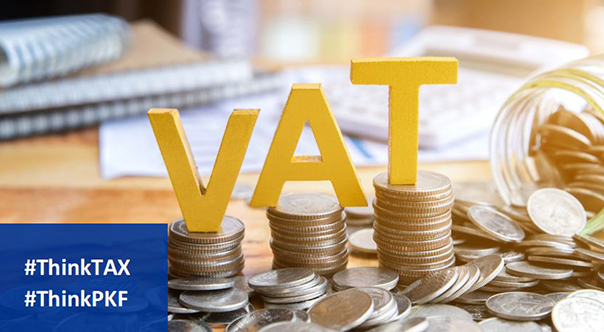VAT - The importance of understanding the nature of services supplied

In the recent case of Rennies Travel v CSARS (20/2021) [2022] ZASCA 83 (6 June 2022), the Supreme Court of Appeal (“SCA”) was required to consider whether a certain commission derived by Rennies Travel, an entity conducting a travel agency enterprise, was subject to VAT at the standard rate or, alternatively, at a zero rate.
In terms of the facts of the case, a part of the business of Rennies Travel is to make arrangements for international travel for its clients, including the sales of airline tickets for international flights. Rennies Travel derived the following sources of contractual income in this regard:
- A service fee charged to the client;
- A flat rate standard commission charged to an airline for the sale of an international airline ticket (“the Standard Commission”); and
- Additional or increased commission charged to an airline if a certain target is reached (“the Supplementary Commission”).
Section 11(2)(d) of the VAT Act No. 89 of 1991 provides for the zero rating of VAT in respect of a supply of services comprising the arranging of international transport of passengers.
SARS argued that the Supplementary Commission is subject to VAT at the standard rate and accordingly that VAT of approximately R8.6 million plus interest and penalties was due by Rennies Travel.
The Tax Court had sided with SARS and held that the Supplementary Commission had been paid for the supply of marketing services and promoting the sale of airline tickets – as distinguished from the zero-rated supply of services relating to the arranging of international transport. The Tax Court therefore held that the Supplementary Commissioner was subject to VAT at the standard rate.
On appeal, Rennies Travel maintained that it was providing only one service – which is the arrangement of international transport for individuals, and accordingly that this should be zero-rated.
SARS, however, argued that the Supplementary Commission is a commission earned for reaching a target – not for arranging international transport.
The SCA considered the matter and noted that VAT is levied in respect of the supply of a service or a good. The meeting of a target is not a supply of services, and it must therefore be considered what was “supplied” by Rennies Travel in exchange for the Supplementary Commission. The SCA held that the Supplementary Commission was paid for the sale of a particular volume of international airline tickets by Rennies Travel and furthermore held that the fact that the same services gave rise to more than one type of consideration did not alter the nature of the services. The Appeal was therefore allowed.
This case illustrates the importance of understanding the nature of services supplied by an enterprise and distinguishing between a single contract with two supplies of services, as opposed to a contract relating to a single supply of services with two forms of consideration payable in respect of such supply of services. As is evident from the decision of the SCA, the VAT considerations in respect of these two scenarios may be vastly different.
Author:
Alexa Muller
Tax Specialist
PKF Cape Town
alexa.muller@pkf.co.za
Disclaimer:
The information provided herein may not be construed as legal and/or tax advice. Professional advice should be sought with reference to specific background facts before any action is taken based on the information contained herein. We hereby disclaim any responsibility should any person act upon the contents of this publication without due consultation.
PKF South Africa Inc. member of PKF International. PKF South Africa Inc. is a member firm of the PKF International Limited family of legally independent firms and does not accept any responsibility or liability for the actions or inactions of any individual member or correspondent firm or firms.
"PKF" and the PKF logo are registered trademarks used by PKF International and member firms of the PKF International Network. They may not be used by anyone other than a duly licenced member firm of the Network.
